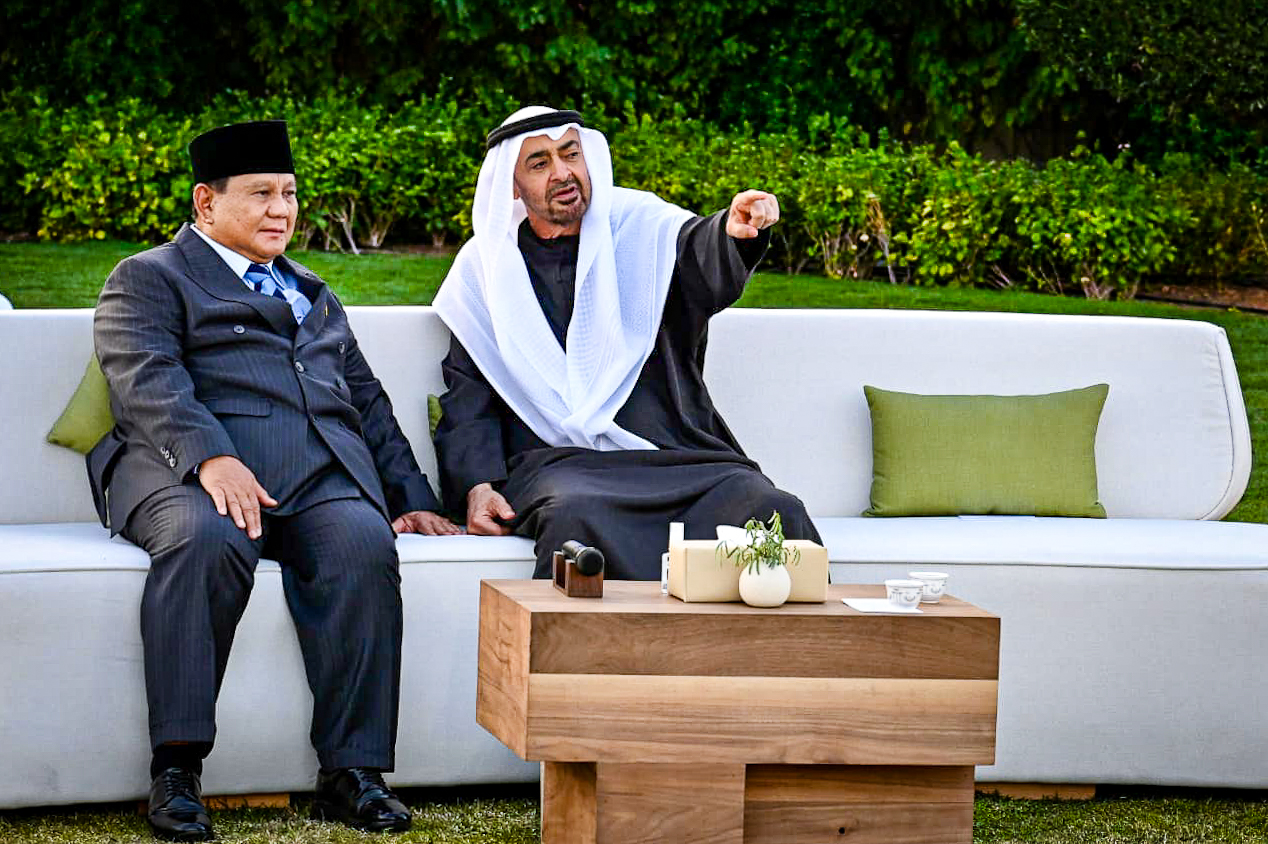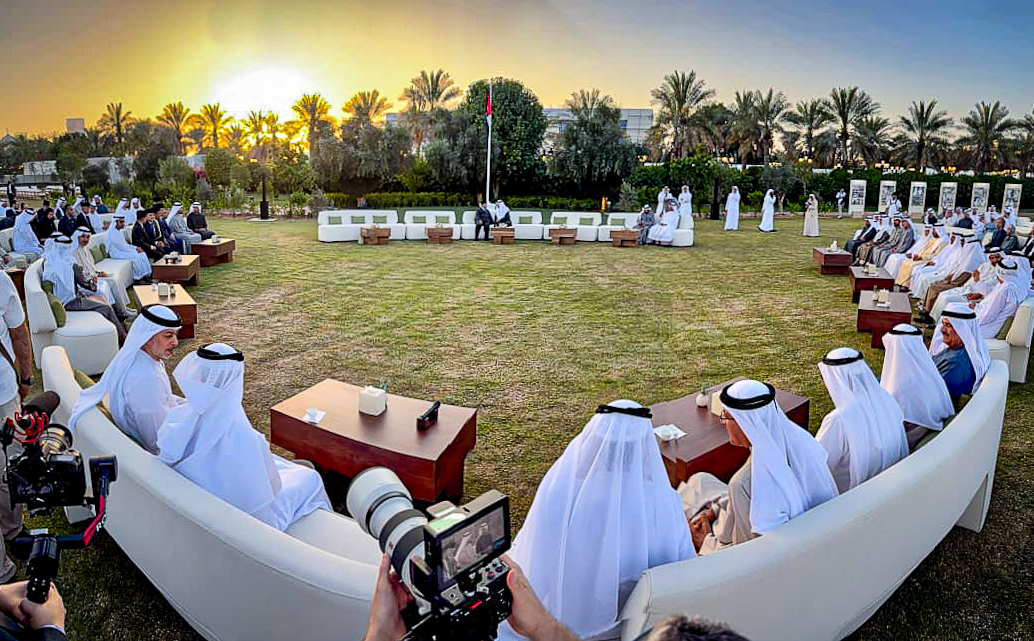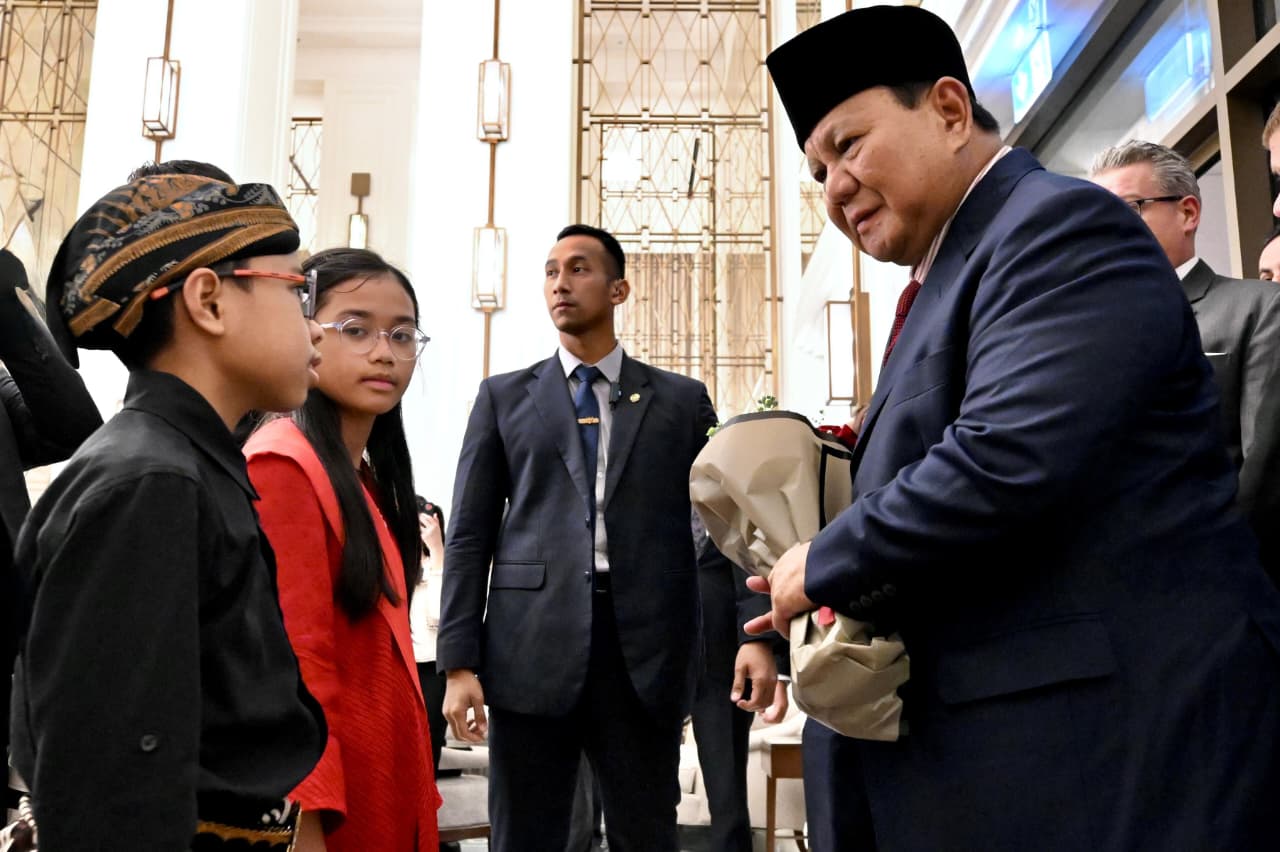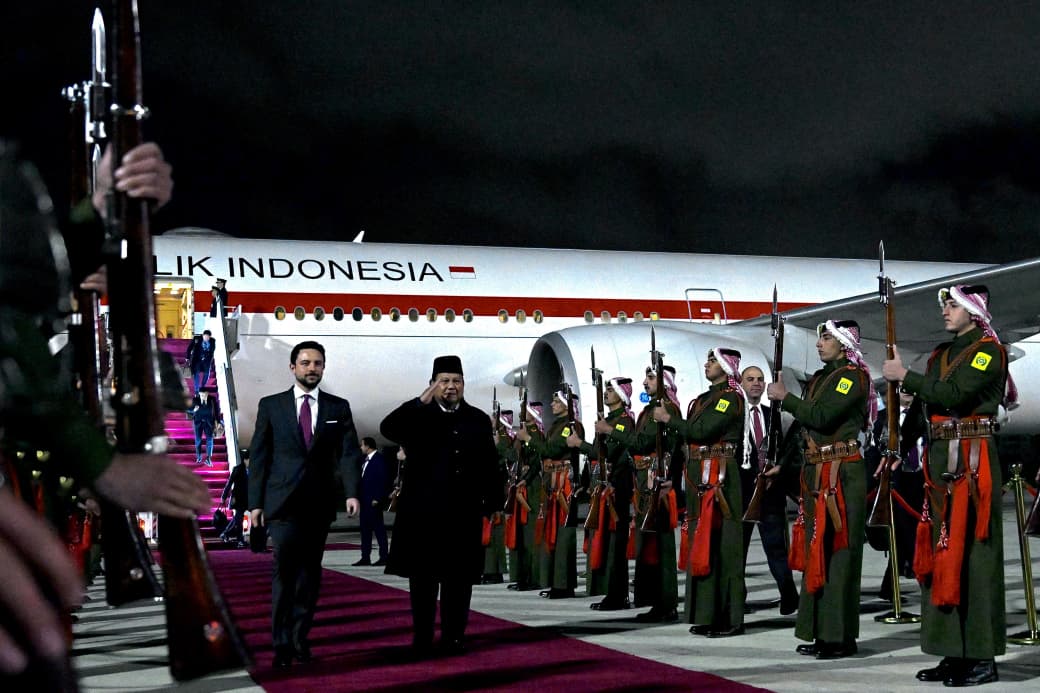Indonesia Tops Oil and Gas Investment Competitiveness in ASEAN: Report
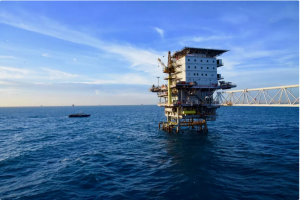 Indonesia ranks number 25 out of 131 countries globally in exploration and production (E&P) which refers to investment attractiveness to oil and gas exploration and production in 2018, according to Petroleum Economics and Policy Solutions (PEPS) report.
Indonesia ranks number 25 out of 131 countries globally in exploration and production (E&P) which refers to investment attractiveness to oil and gas exploration and production in 2018, according to Petroleum Economics and Policy Solutions (PEPS) report.
The ranks also put Indonesia in the top list among ASEAN countries.
Deputy Energy and Mineral Resources (ESDM) Minister Arcandra Tahar said that the report showed that Indonesias oil and gas management has successfully encouraged investment in the sector. It is also related to the efforts to improve fiscal policies on oil and gas sector, the Deputy Minister said in Jakarta, Thursday (14/2).
The report from London-based global information provider, IHS Markit showed that Indonesia managed to boost oil and gas exploration and exploitation activities amid investment slowdown in gas and oil due to fluctuations in the global economy. In fact, Indonesia is able to surpass Algeria, Russia, Egypt which are known as oil exporting countries.
The report also stated that Indonesia ranks first among ASEAN countries, while Malaysias ranking declined from 23 in 2017 to 35 in 2018.
The PEPS assessed the way a country provides information, strategies and risk management to business development and new ventures in the oil and gas subsector. In addition, the service also analyzes legal data, contract models, fiscal and political systems, and the latest upstream oil and gas conditions in a country.
Meanwhile, in the assessment IHS Markit takes into account three components, among others, E&P activities, fiscal regime, and oil and gas risk.
Energy and natural resource consultancy Wood Mackenzie in a report published on January 2019 has acknowledged and appreciated fiscal system in Production Sharing Contract (PSC) which was amended from cost recovery to gross split. The agency in the report also affirmed that the new gross split system in PSC along with its attributive fiscal policies received a positive response from oil and gas investors.
According to Arcandra, an increase in mining investment in Indonesia is mainly caused by the amendment in fiscal regime from cost recovery to gross split which attracted oil and gas cooperation contractors (KKKS) to do exploration and exploitation activities. One of the attractiveness of gross split to oil and gas business players is that the system is able to protect investors when the price of the global oil commodities drops, Arcandra said.
As a result, the Government received investment worth Rp31.5 trillion in exploration since the implementation of the new fiscal system. The amount does not include Rp13.5 trillion of signing bonus from 39 contractors who adopted gross split system.
I am optimistic that this fiscal change is promising for the future development of Indonesias oil and gas investment, Arcandra said.
He added that since 2018, a number of oil and gas investors adopting cost recovery system have proposed to amend it to gross split, such as Eni S.p.A. which operates East Sepinggan block, West Natuna Exploration Ltd which operates Duyung block, Dart Energy (Muralim) Pte. Ltd. and PT Medco CBM Pendopo which operates Muralim block, and PT Harpindo Mitra Kharisma which operates Lampung III block. As many as 42 oil and mineral blocks are expected to adopt gross split system by the end of this month.
A positive assessment from IHS Markit is also supported by the risk management of the oil and gas business in Indonesia, not to mention, policy transformation in the form of regulatory simplification is fundamental for managing, planning and mitigating the risks of oil and gas business. Therefore, the Indonesian Government has managed to cut 56 regulations/permits which hampered oil and gas investments in Indonesia, he said.
The continuity of oil and gas business operations in Indonesia is likely one of the considerations of IHS Markit in determining the rating, Arcandra added.
Indonesias strong commitment to reform oil and gas governance is also proven by investment worth Rp187.5 trillion in 2018 in the country amid the fluctuation of commodities prices. The figure increased by Rp22.5 trillion compared to that in 2017 which stood at Rp165 trillion. (Ministry of Energy and Mineral Resources PR Division/ES)
Translated by : Rany Anjany Subachrum
Edited by : Muhardi
Proofread by : M. Ersan Pamungkas





